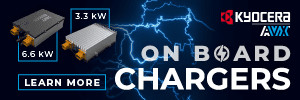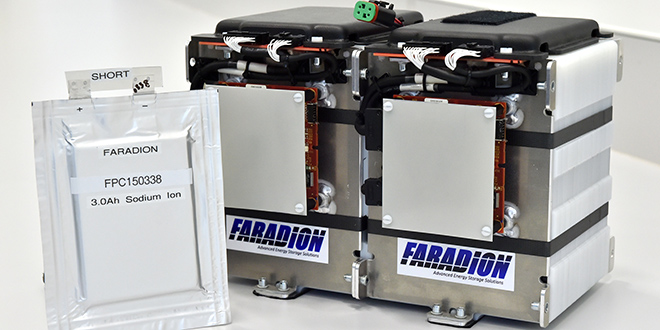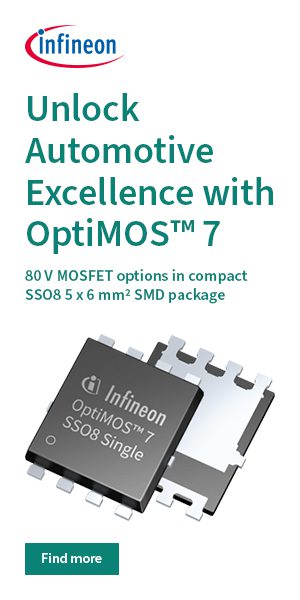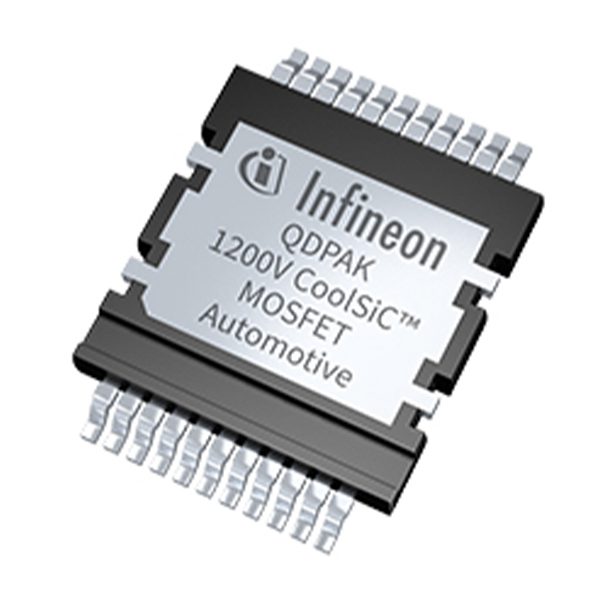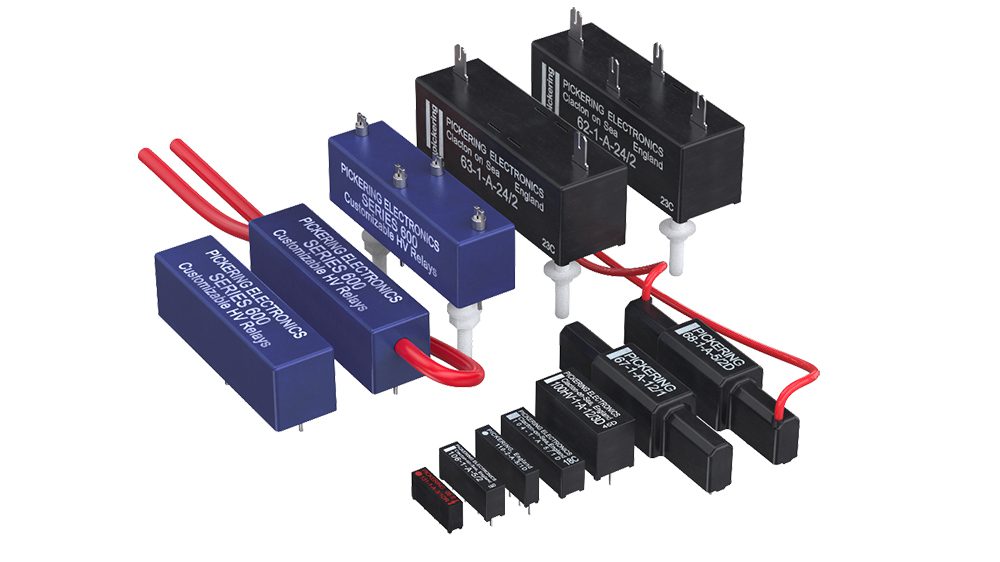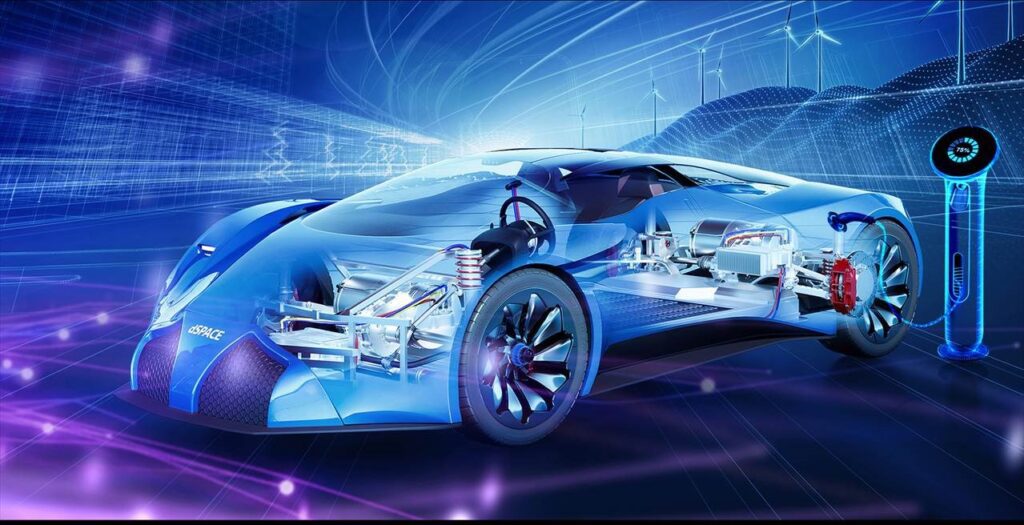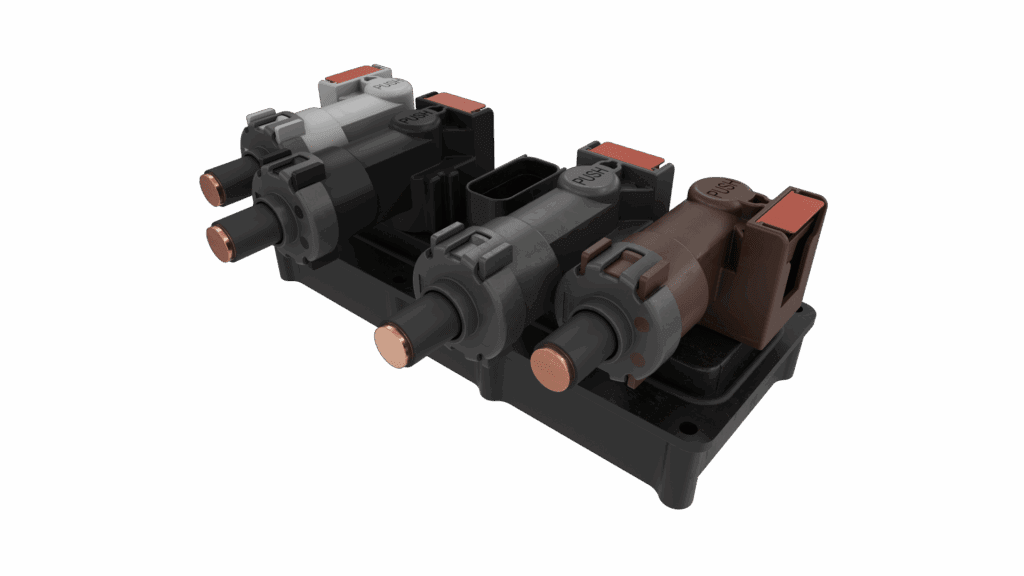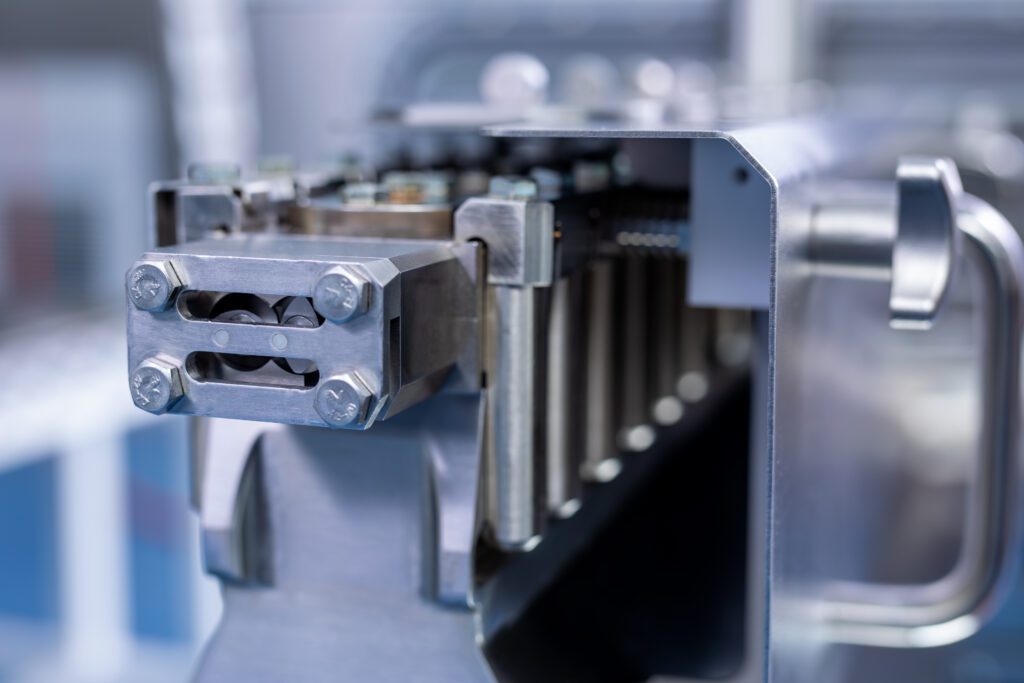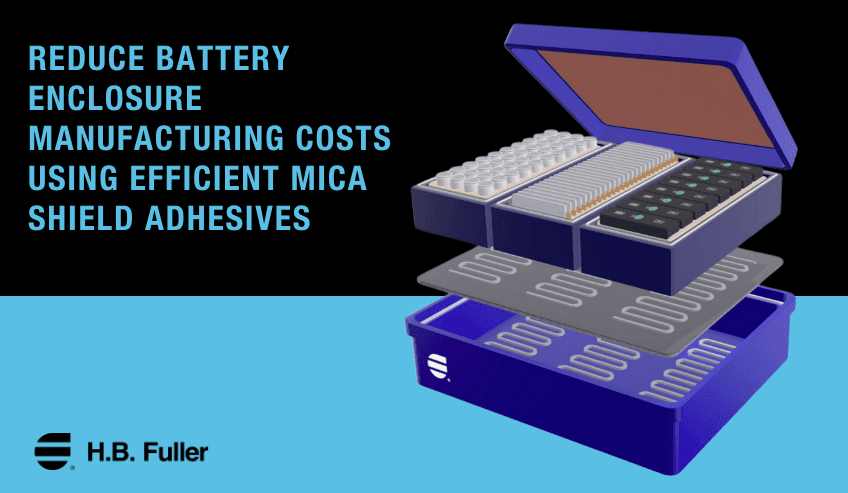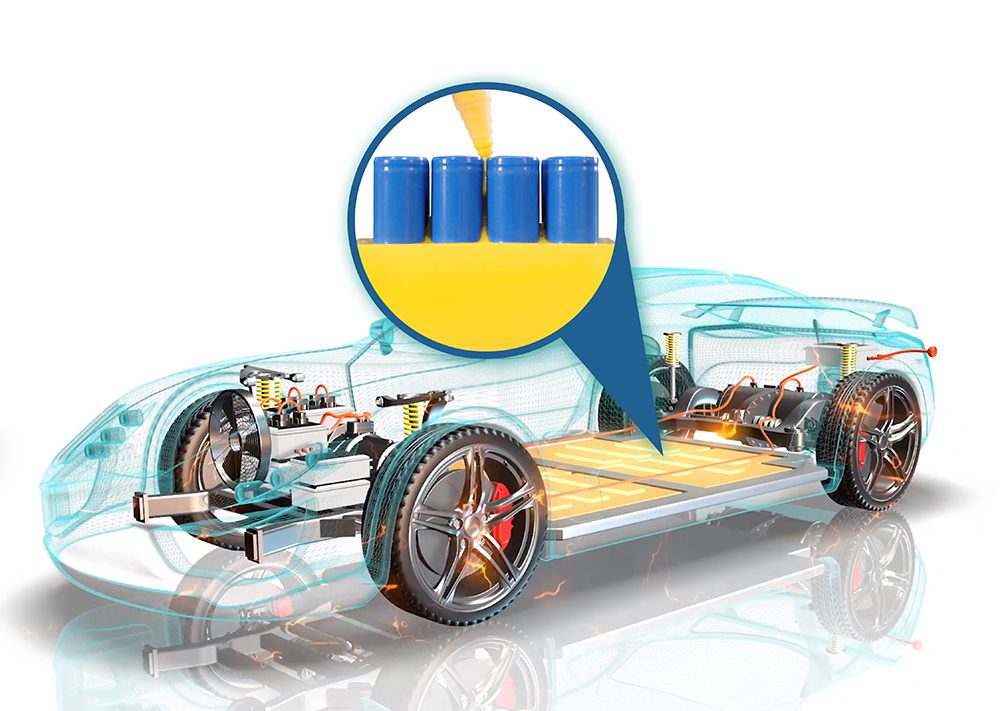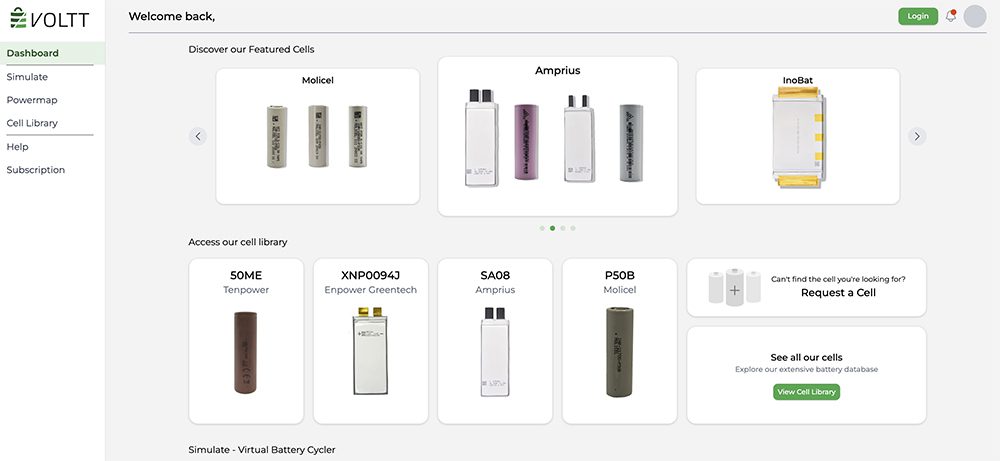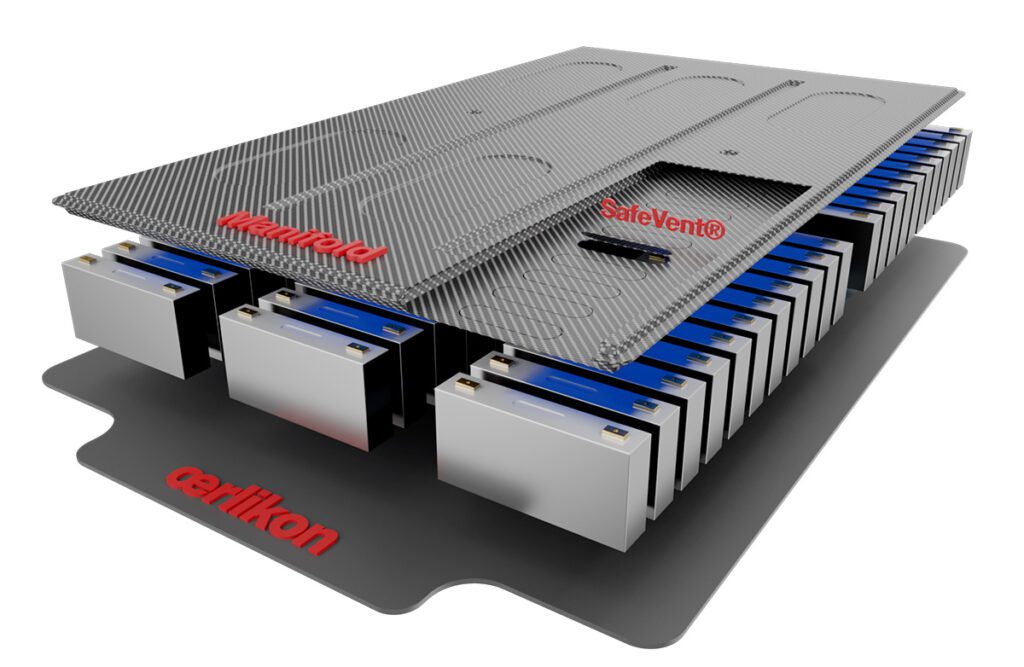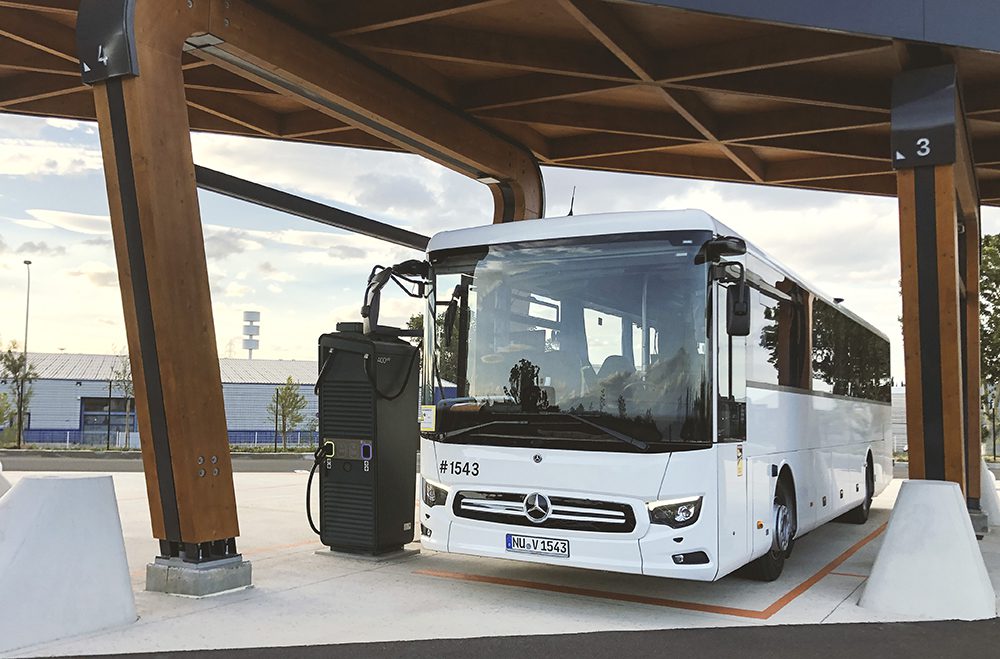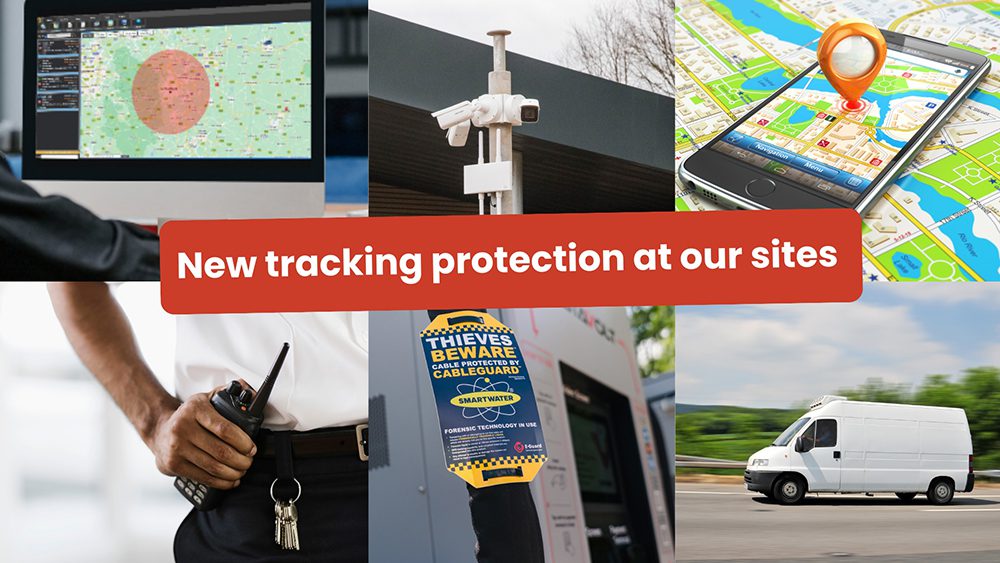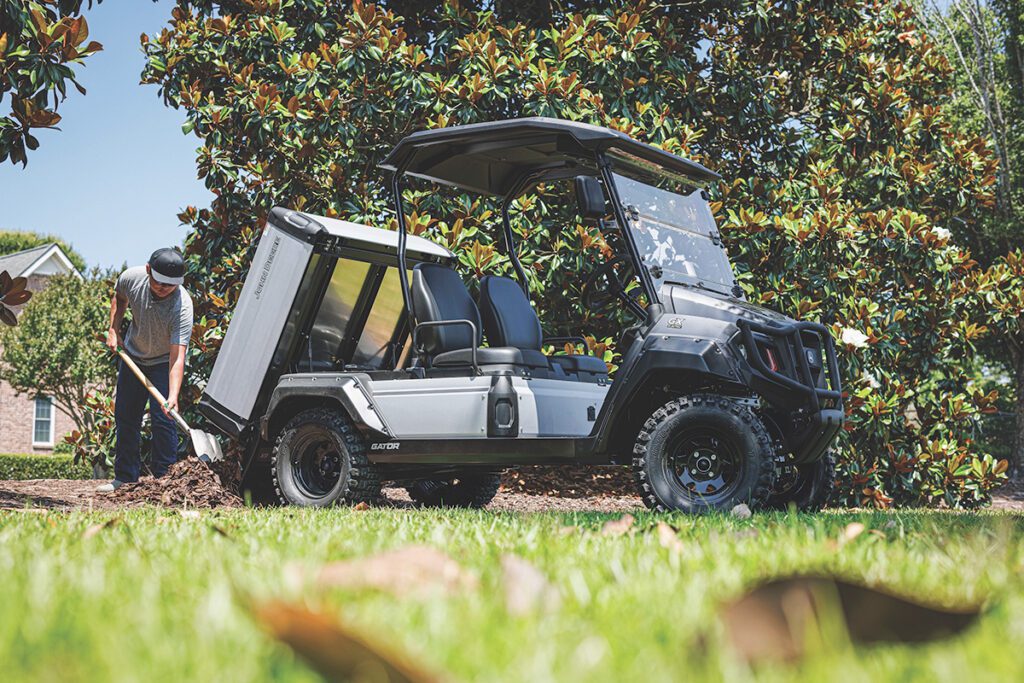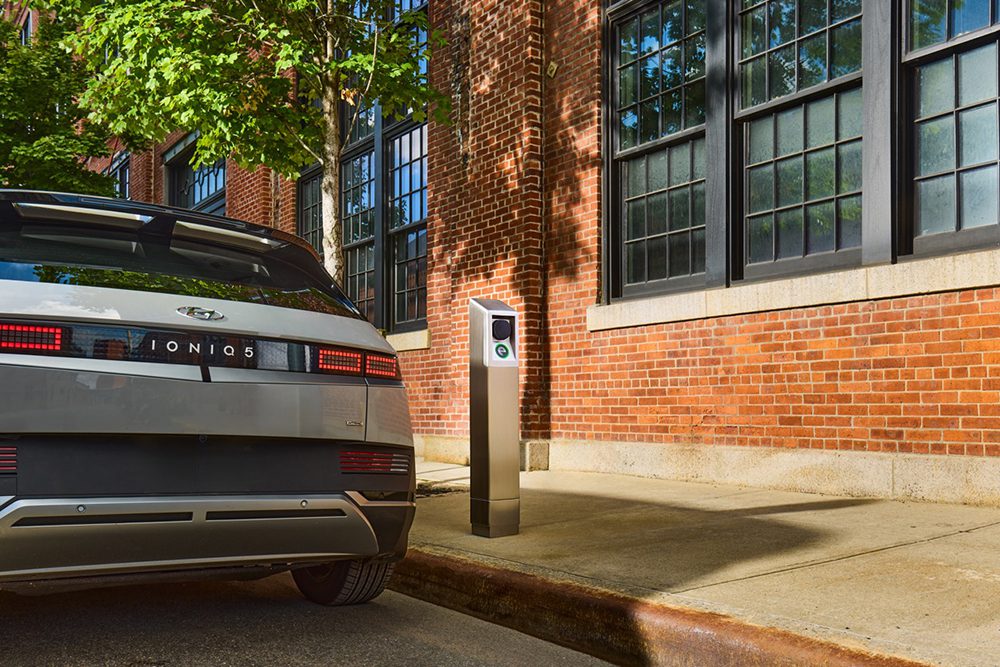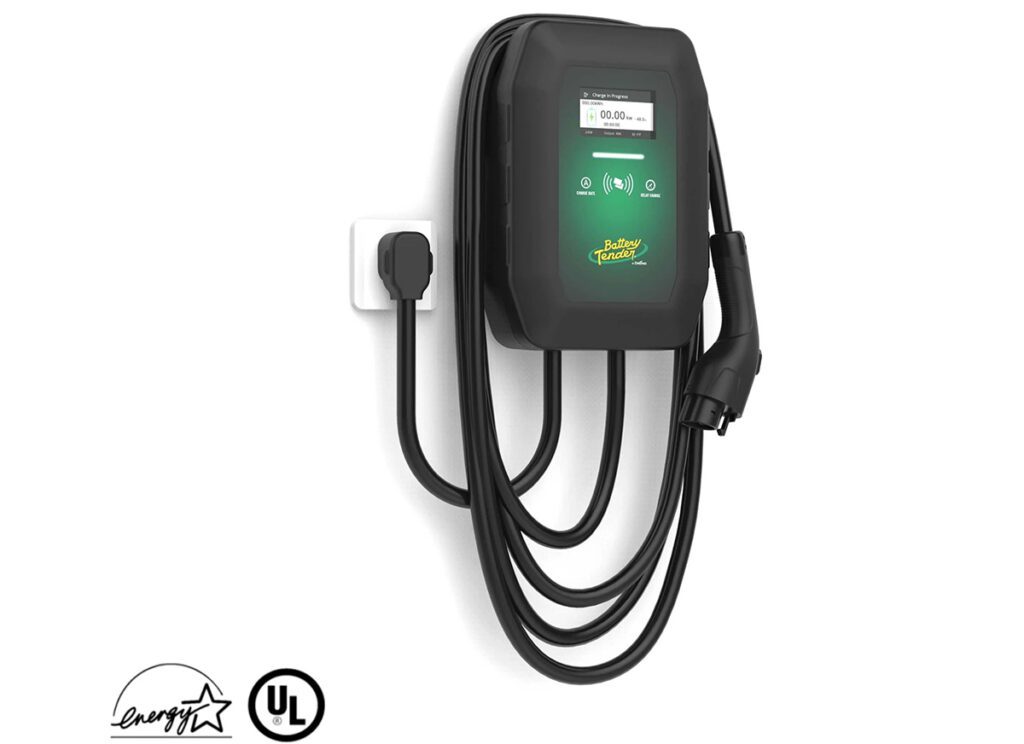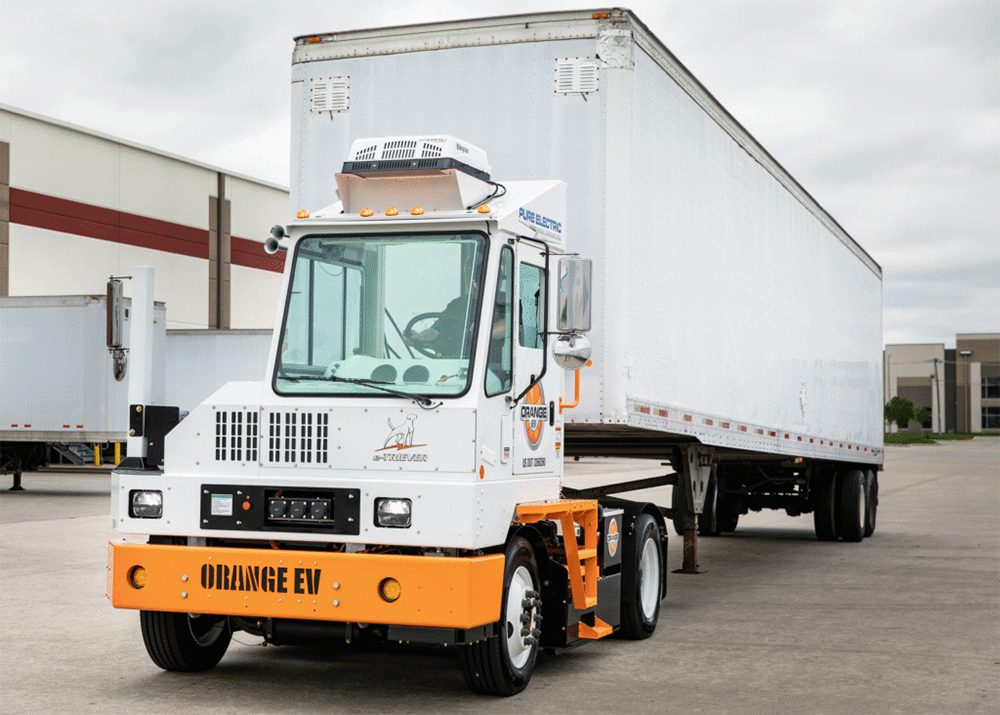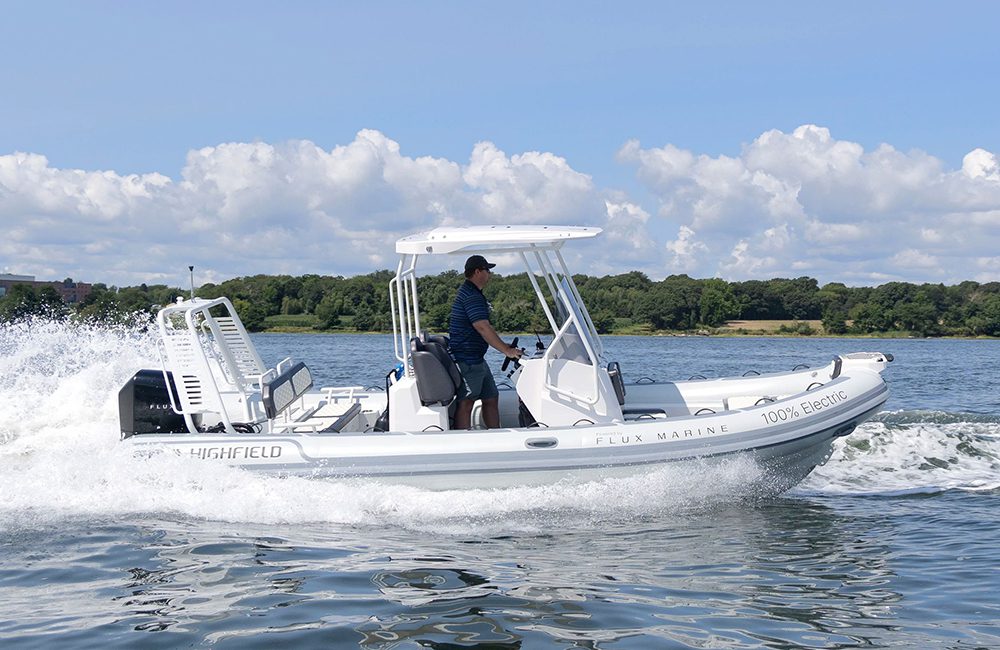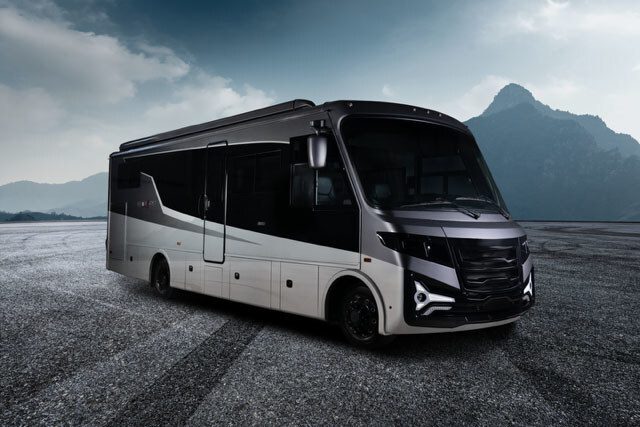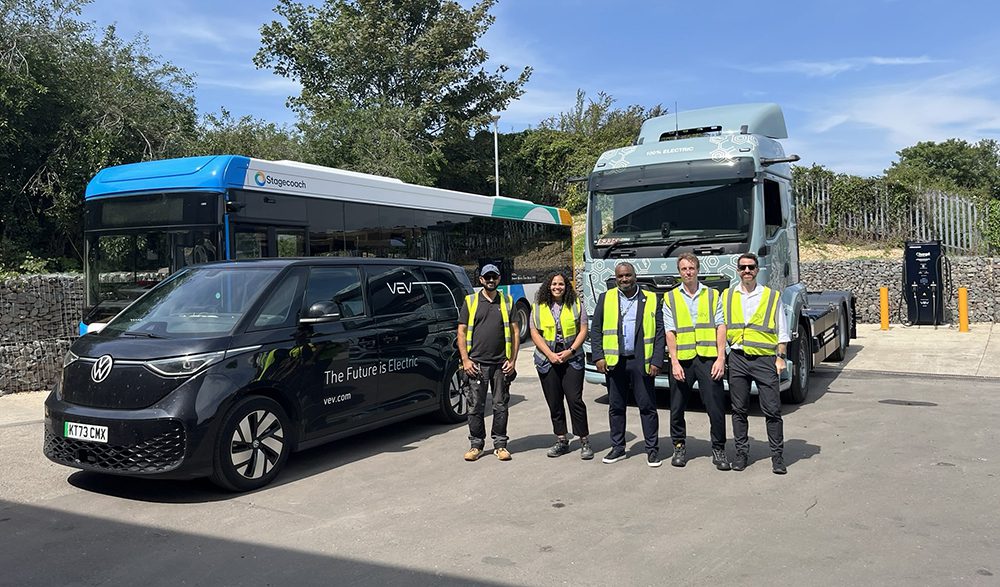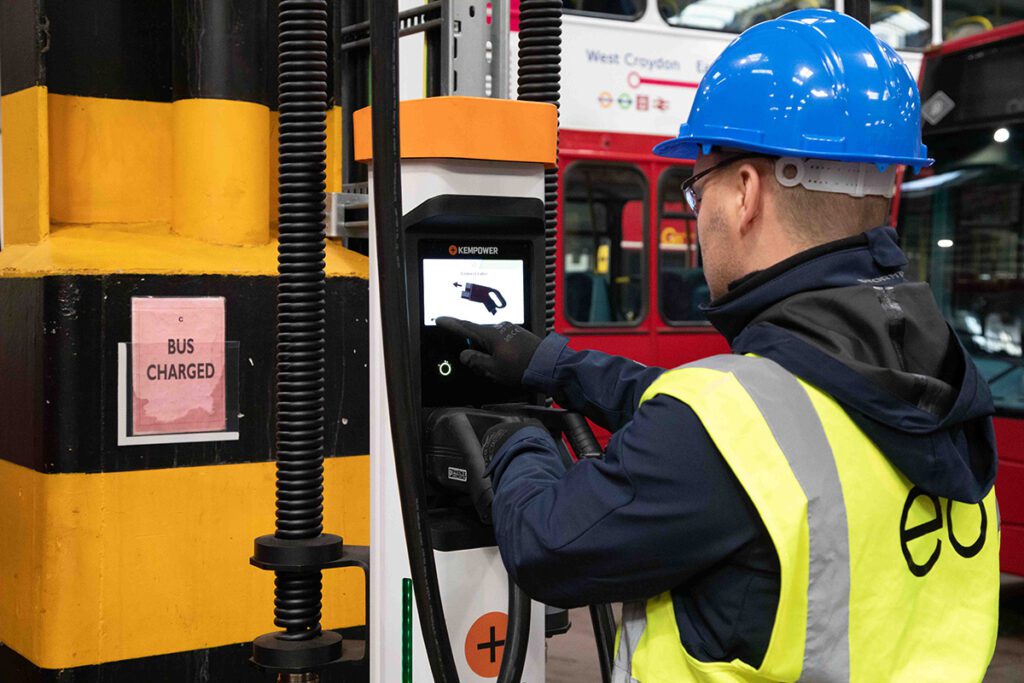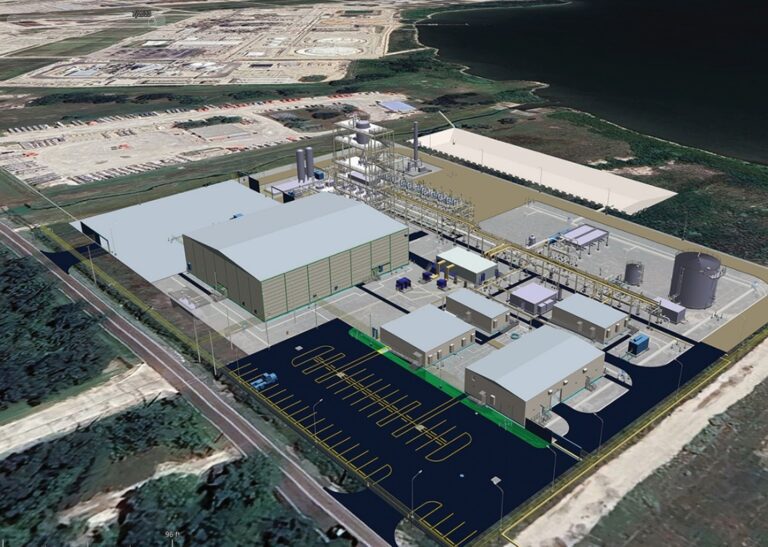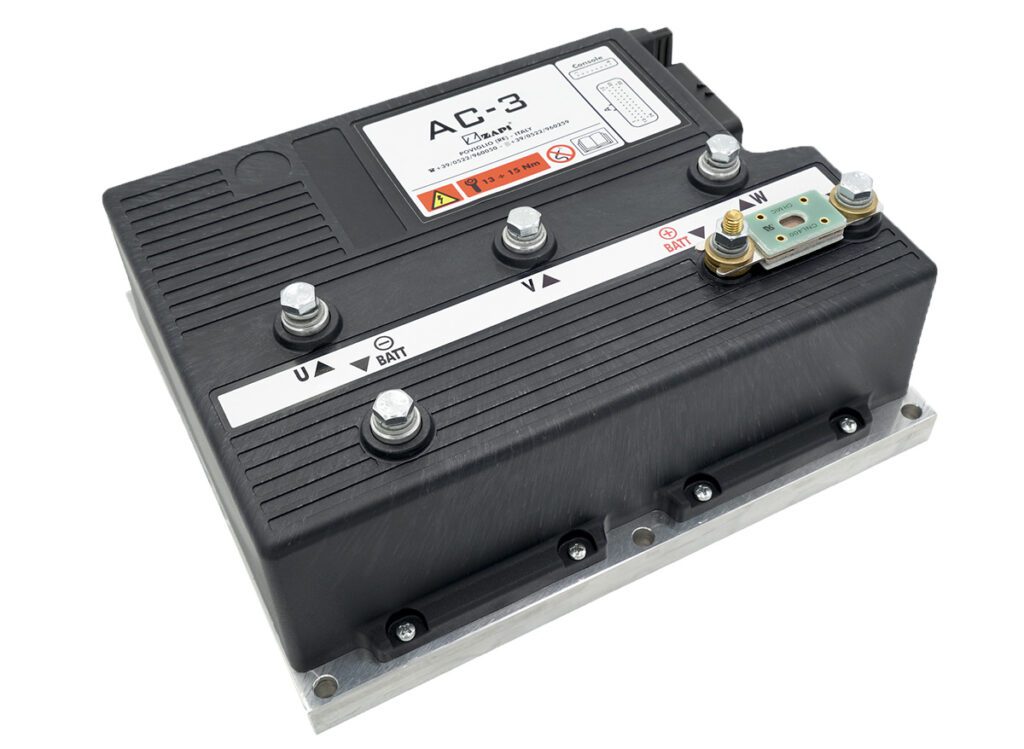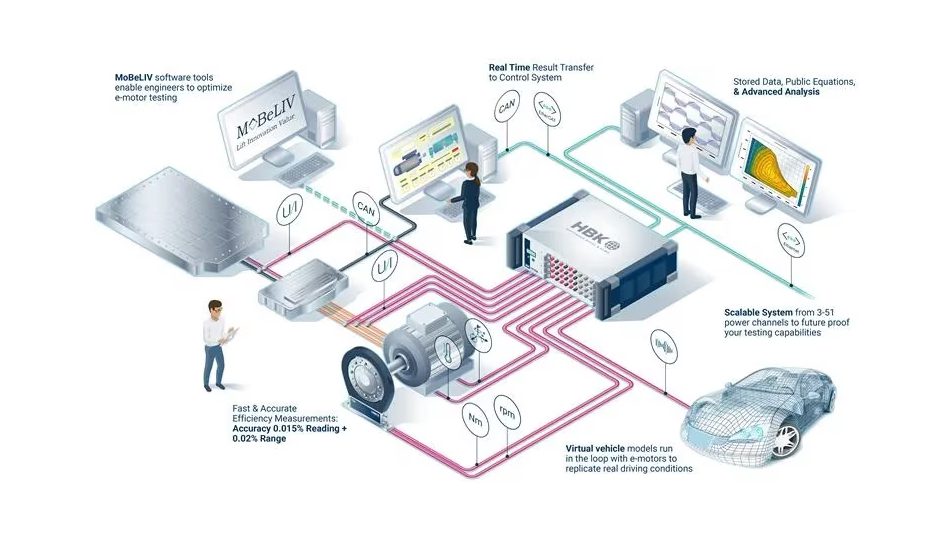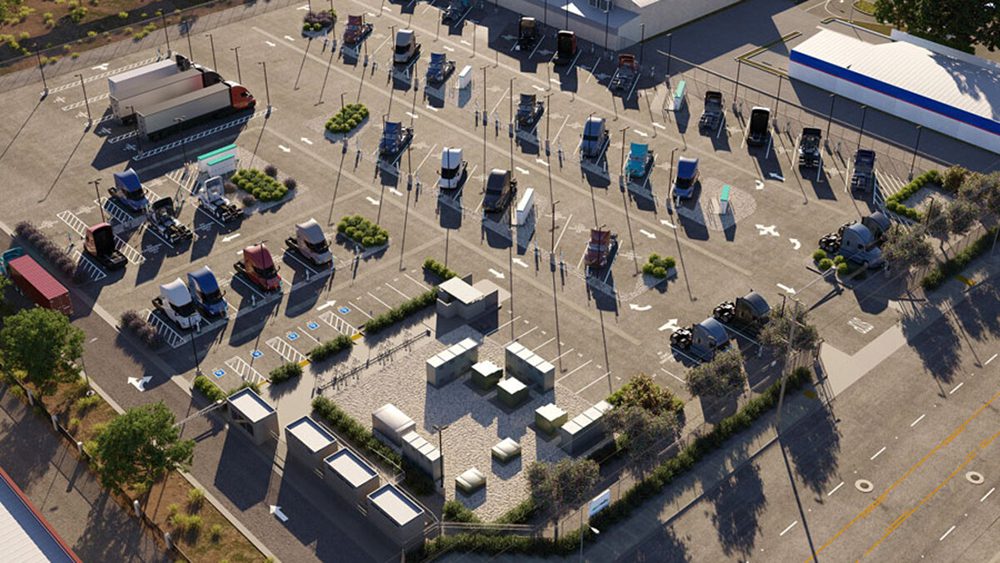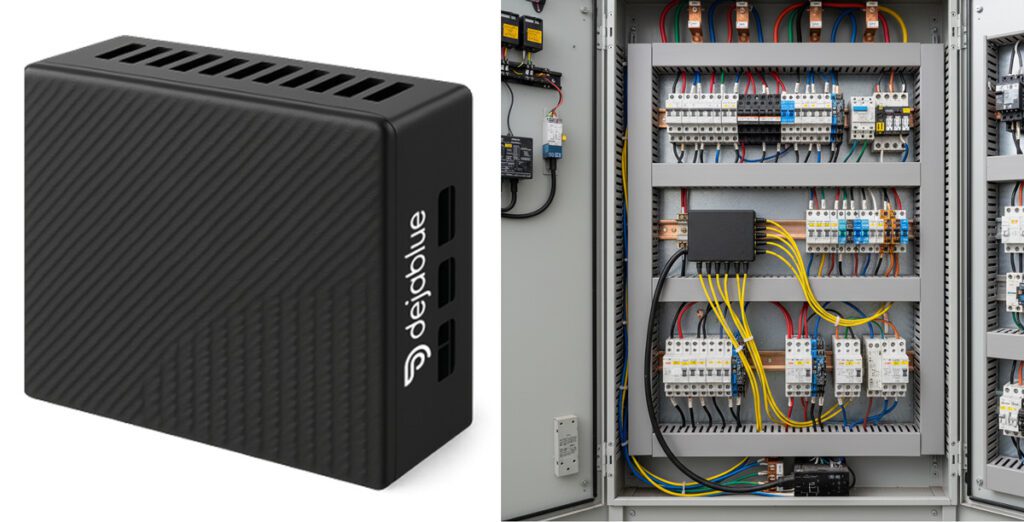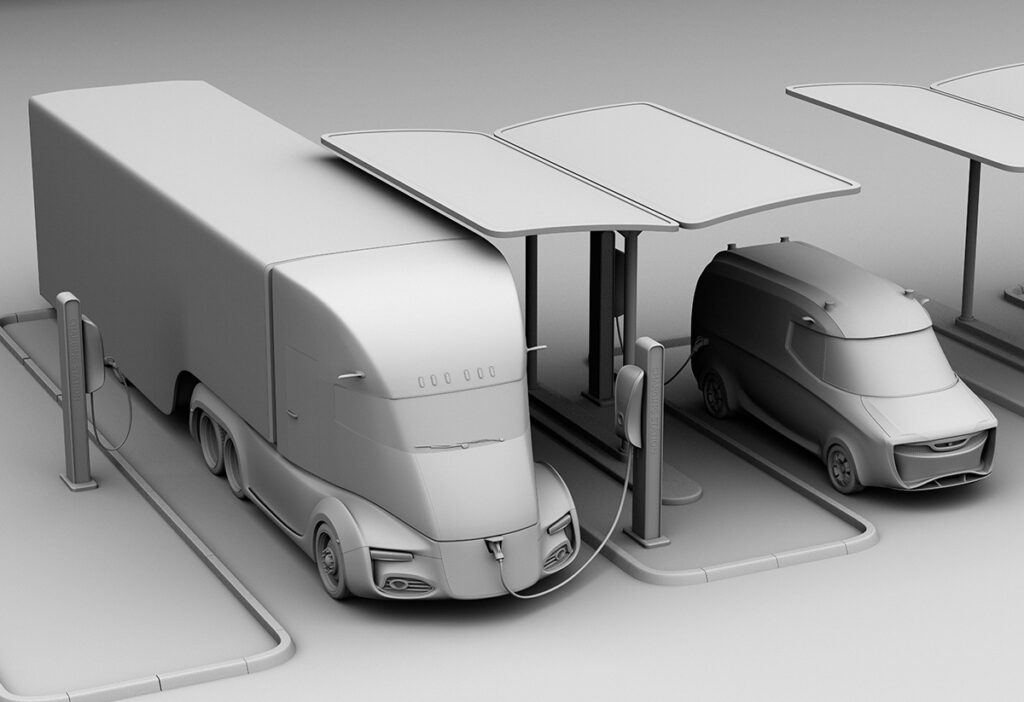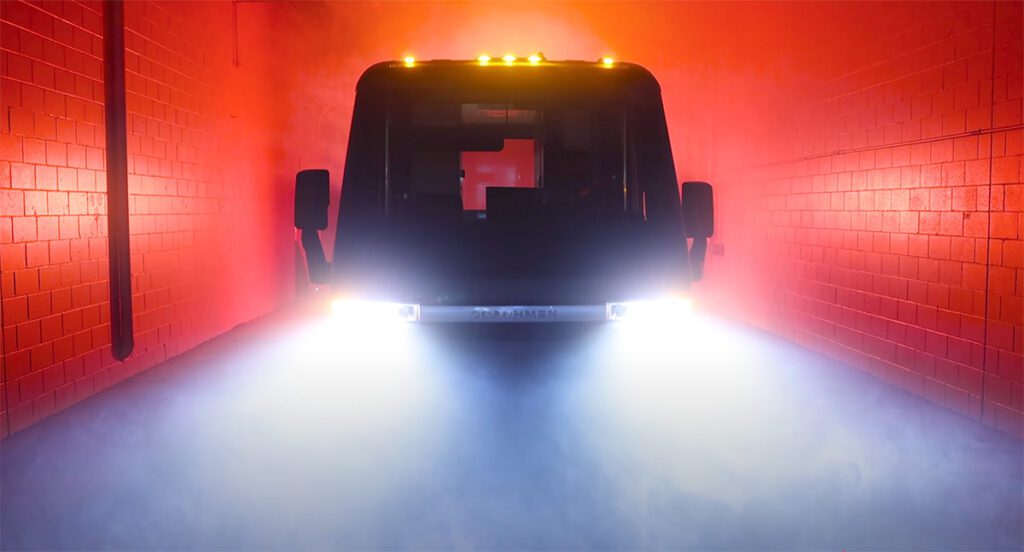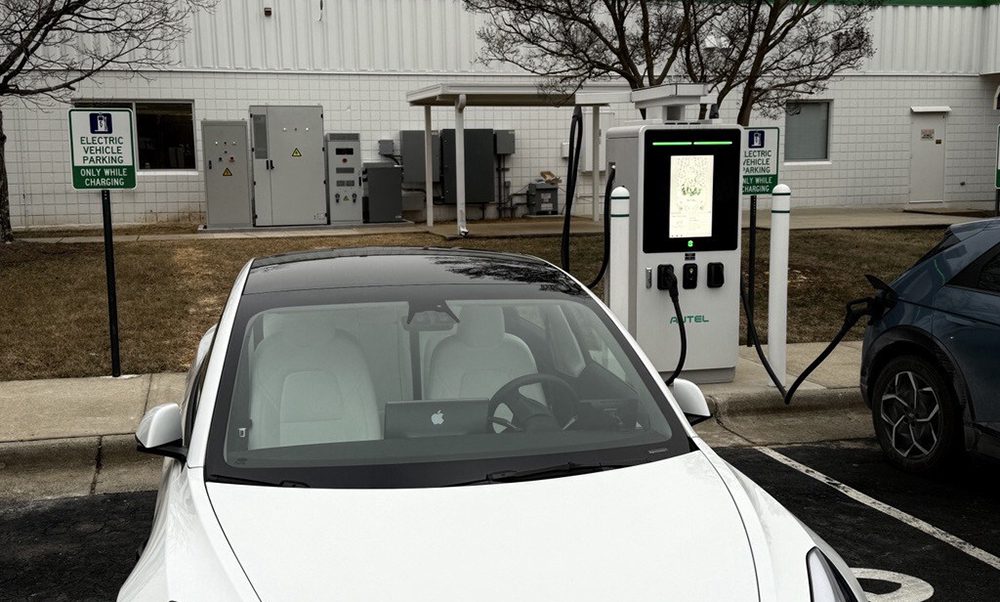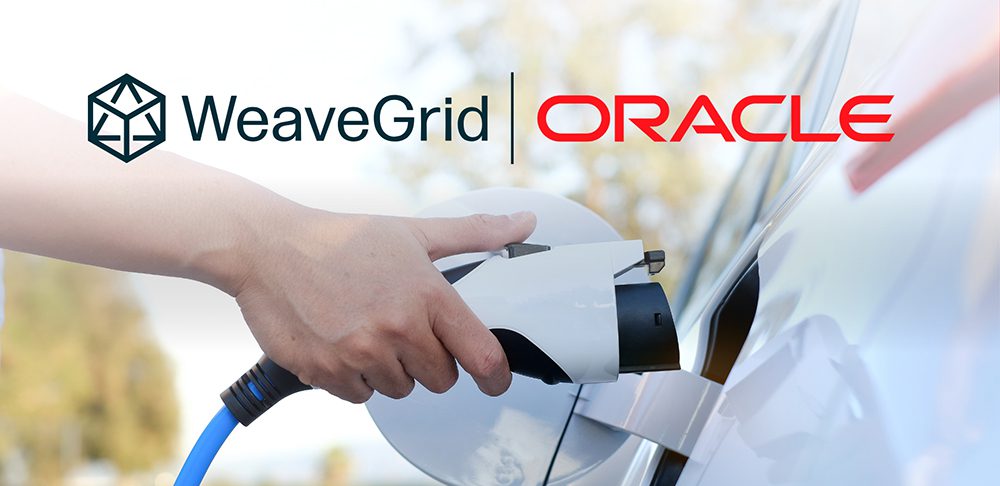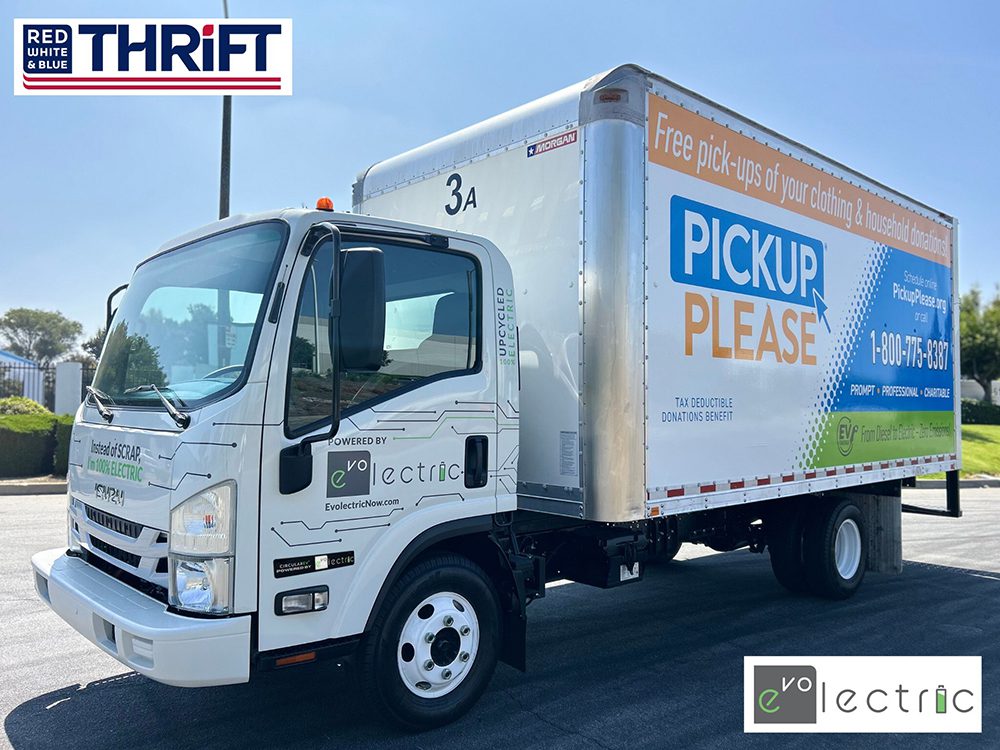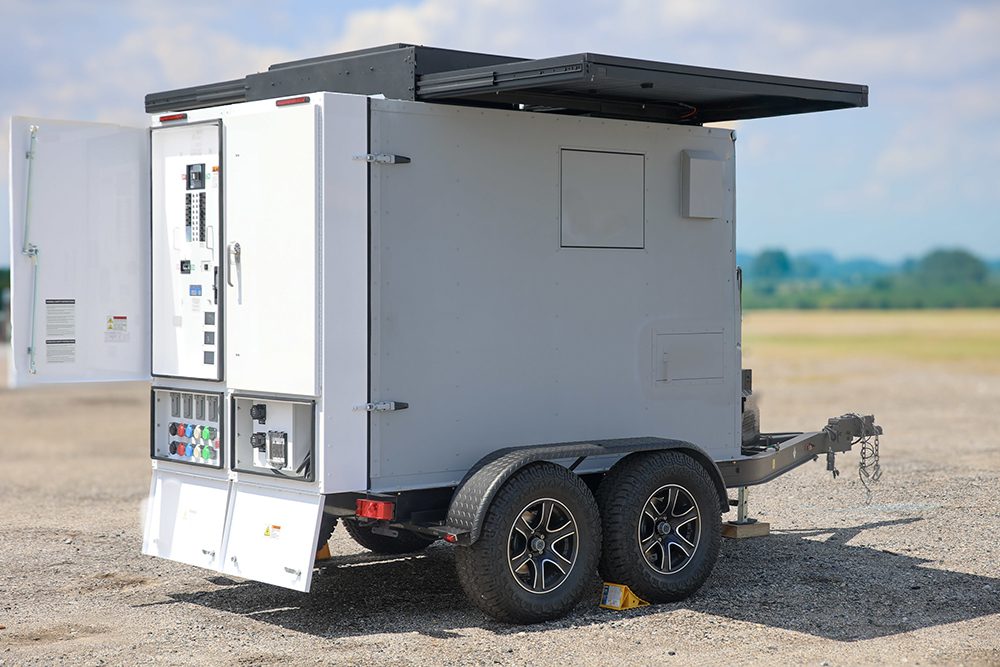The British firm Faradion is working on sodium-ion batteries, which show promise as a successor to Li-ion technology. In collaboration with Williams Advanced Engineering, which provided batteries for the Formula E electric race car, Faradion has built a sodium-ion-powered electric bike to prove the concept.
Sodium-ion intercalation batteries use the same process of ion insertion and removal as Li-ion batteries, and could potentially be cheaper because the base materials required are more easily sourced. According to Faradion, sodium-ion batteries could offer savings of around 30 percent in terms of cost per kWh, along with significant safety advantages and the ability to be transported in a totally discharged state. The lifetime of the cells should be comparable to that of Li-ion solutions.
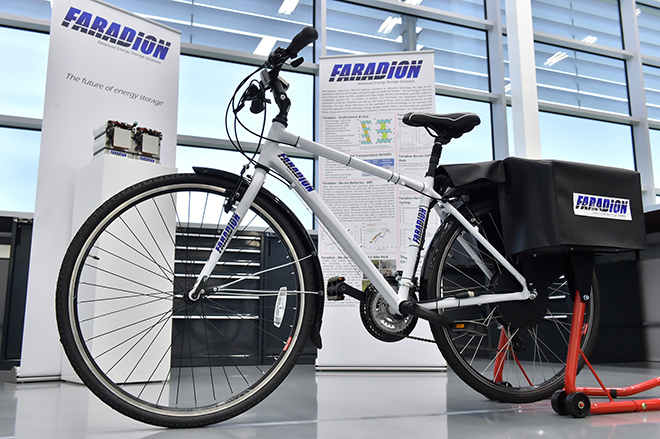
However (of course) there are challenges. Sodium ions are much larger than lithium ions, so shuttling them in and out of a host material is more difficult. Large structural changes occur during Na+ insertion and de-insertion, so capacity and cycling stability are poor.
The e-bike’s battery pack has a design energy of 418 Wh, of which 250 Wh are used. It consists of four modules, built by Williams and controlled by a Williams-designed battery management system. Each module contains 12 cells. The specific energy of Faradion’s sodium-ion cells is over 140 Wh/kg.
Source: Faradion via Green Car Congress






